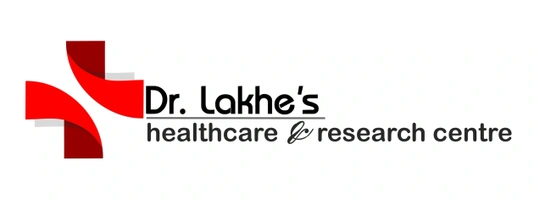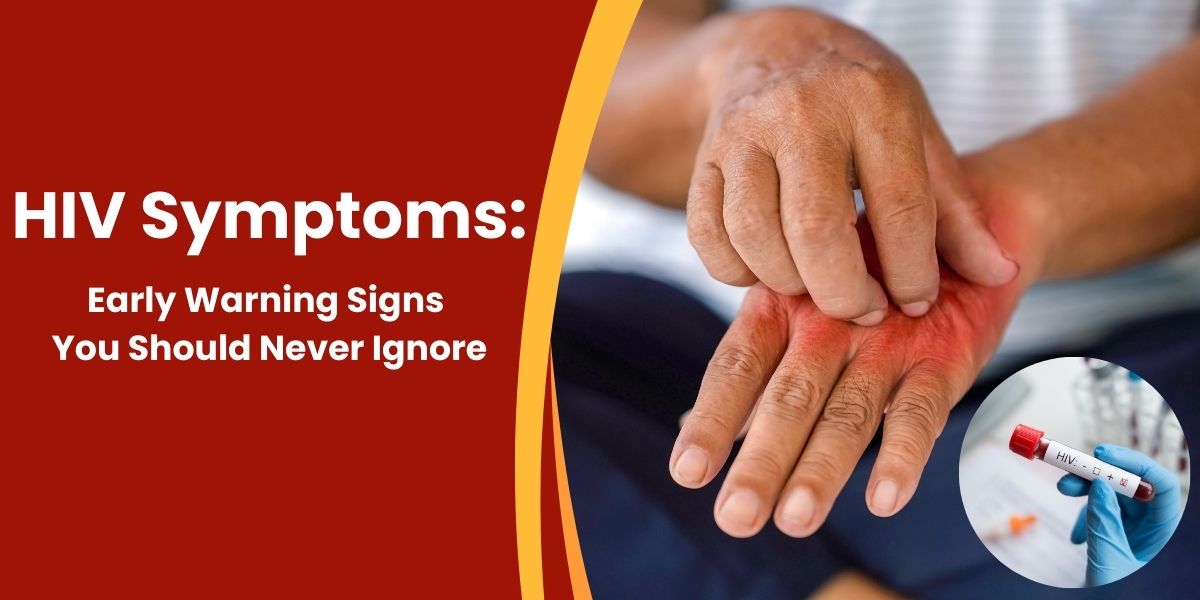Dr. Mahesh Lakhe, a leading HIV/AIDS specialist in Kharadi, Pune, emphasizes that early detection of HIV can make a significant difference in long-term health outcomes. Human Immunodeficiency Virus (HIV) is a virus that weakens the immune system, making the body more vulnerable to infections and certain cancers. Unfortunately, many people ignore the early symptoms of HIV, mistaking them for common illnesses. Recognizing these warning signs and seeking timely medical advice is crucial for effective management and prevention of complications.
Understanding HIV and Its Stages
HIV progresses through three stages:
-
Acute HIV Infection (Primary Stage)
-
Chronic HIV Infection (Latent Stage)
-
AIDS (Acquired Immunodeficiency Syndrome)
The first stage occurs 2-4 weeks after exposure and often includes flu-like symptoms. This is when the virus is most contagious, yet symptoms are usually mild or absent, leading many to overlook them.
Early Warning Signs of HIV
Here are the most common early symptoms of HIV that should never be ignored:
1. Fever
A mild to high fever is often one of the first symptoms. It may be accompanied by fatigue and swollen lymph nodes as the body mounts a defense.
2. Fatigue
Unusual tiredness without any clear reason can signal that your immune system is under stress due to the virus.
3. Swollen Lymph Nodes
Swelling in the neck, groin, or armpits is a typical response to infection and can be a sign of early HIV.
4. Sore Throat and Mouth Ulcers
Persistent sore throat and painful mouth sores may appear during the early stages of infection.
5. Rash
A rash that usually appears on the trunk of the body and may be accompanied by other flu-like symptoms.
6. Night Sweats
Frequent night sweats that leave you drenched even in a cool room can be an early sign.
7. Muscle and Joint Pain
Many people report body aches similar to those seen with the flu or other viral illnesses.
8. Nausea, Vomiting, or Diarrhea
Digestive symptoms are common and may last for several days in early HIV infection.
9. Weight Loss
Sudden, unexplained weight loss can indicate that the virus is affecting your body’s metabolism.
10. Recurring Infections
Frequent infections like sinusitis, bronchitis, or skin issues are a sign of a compromised immune system.
Why Early Diagnosis is Crucial
Because these symptoms resemble common illnesses, many people ignore them or delay seeking help. However, early diagnosis is vital because it allows for:
-
Prompt initiation of antiretroviral therapy (ART)
-
Lower risk of transmitting the virus to others
-
Better long-term health outcomes
-
Prevention of progression to AIDS
If you experience any of the symptoms, especially after unprotected sex or potential exposure, consult a qualified HIV/AIDS specialist in Kharadi, Pune for evaluation.
When to Get Tested
You should consider getting tested if:
-
You’ve had unprotected sex or multiple partners
-
You or your partner have an existing STI
-
You’ve shared needles or had unregulated tattoos/piercings
-
You’re pregnant or planning to conceive
-
You show any of the early warning signs
Early testing ensures timely treatment and reduces the risk of spreading the virus to others.
What Happens During a Consultation
An HIV consultation typically includes:
-
A detailed health and sexual history
-
Physical examination
-
HIV tests (rapid and confirmatory)
-
Counseling on treatment, lifestyle, and prevention
Today’s treatment options allow people with HIV to live long and fulfilling lives. With the right support, the virus can be effectively managed.
Dr. Mahesh Lakhe, renowned HIV/AIDS specialist in Kharadi, Pune, advises that awareness and timely action are key to living a healthy life with HIV. If you or someone close to you is experiencing symptoms, do not wait—seek professional help immediately. Early diagnosis, proper care, and adherence to treatment can significantly improve quality of life and longevity. Remember, listening to your body and acting early could save your life or the life of someone you love.




